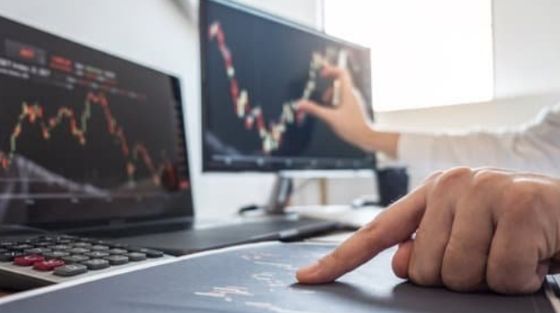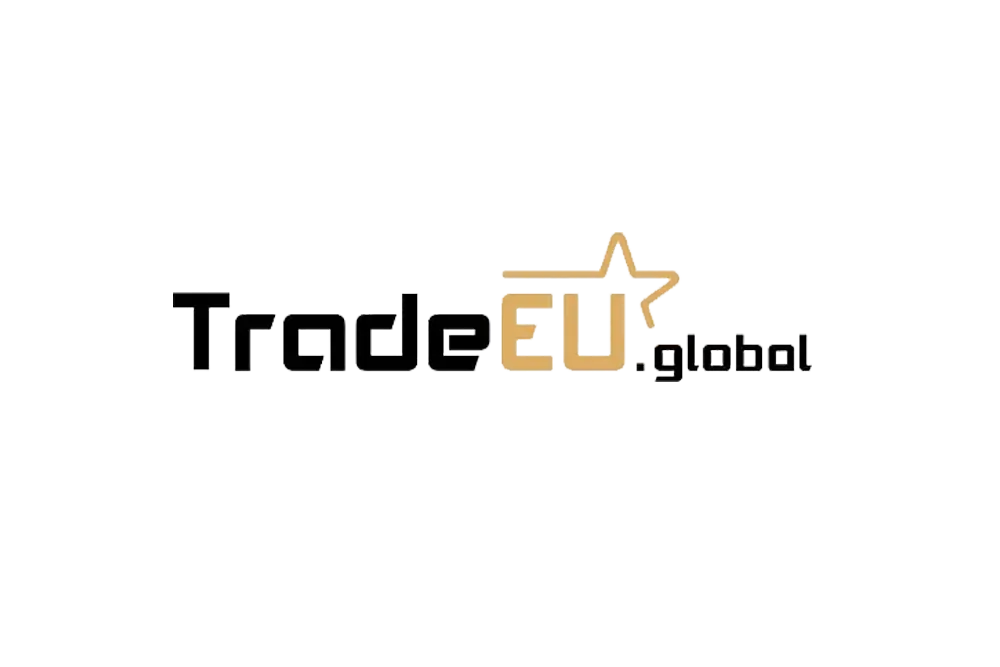Know Commodity Trading Steps By Steps: In simpler terms, the process of buying and selling of a wide range of instruments like metals, oil, gas, and soft products like sugar, grains, and coffee is commodity trading. Commodity trading goes back to the earliest of financial markets but now can be done through new and different kinds of financial market tools.
For regular and expert investors, commodities can be a way of panning out in the market and taking a step forward from traditional securities.
Mostly, commodities are known to be a risky investment because their demand and supply curves can be impacted by uncertainties that cannot be foreseen like bad weather, natural calamities, or human-made disasters.
How to Trade Commodity – A Step-By-Step Guide
Choose a Market: Choose a particular commodity or market you want to trade-in. It can be gold, silver, or maybe cocoa?
Buy or Sell: If you think the prices will rise, buy the commodity and stay long and patient. But if you feel prices might go for a toss, then sell at a quick stretch.
Trade Size: Decide whether you want to do spread betting or go for Contract for Difference (CFDs) trading. Now decide the amount. Remember, while trading CFDs, the amount per unit might vary depending on the commodity.
Risk Management: Select from different stop-loss orders. You can also go for guaranteed stop-loss orders (GSLOs). They are a premium to the generic stop-loss orders, and they make sure to get you out of the trade at the amount you set regardless of market conditions being triggered. The full amount of GSLOs is refunded in case the markets work fine without getting volatile.
Watch yourself: After placing your trade, monitor your positions and watch out for profit and loss.
Close Your Trade: Close your trade position as and when it is done in the case, it is not automatically closed at a result of market trigger or profit being made.
A Brief History of Commodity Trading Steps
The first commodity trading practice dates back to as late as 1530 in Amsterdam. It has a long history as a profession, then the trading of stocks and bonds. The success of many kingdoms can be directly attributed to proficient trading and barter system and the ability to facilitate the commodity exchange.
In modern times, commodities are still exchanged, either through physical entities like stores or though legal entities that have been installed for a fair, standardized commodity trading practice.
Most of the commodity exchanges have burnt out or merged into different companies. There are some companies which specialize in particular commodities. To name some, In America, there is the New York Mercantile Exchange (NYMEX), the Intercontinental Exchange (ICE) in Atlanta, Georgia, Chicago Mercantile Exchange (CME), and the Kansas City Board of Trade in Europe.
Basics of Commodity Trading
The broader principle of supply and demand plays a vital role in Commodity trading market. Low supply means an increase in demand and prices and vice versa. So, for instance, if due to heavy rainfall, the collection of grains gets distorted, it can lead to a spike in the market. That is the reason Commodity Trading becomes mostly unpredictable.
Technological advancements, Global Developments can also impact the commodity trading market. For example, when China and India emerged as significant players in the manufacturing industry and started demanding industrial metal in high volumes, therefore declining the availability of metal for other countries.
Types of Commodities
The four main categories of commodities in trading are metal, energy, livestock and meat, and agricultural.
Metal
Metal in commodity trading include gold, silver, platinum. Investors tend to buy metals like gold and silver for their reliability and conveyable value during bearish and volatile market conditions. Investors also go for such precious metals when inflation hits the country and currency get devalued.
Energy
Energy commodities include crude oil, heating oil, natural gas, and gasoline. Economic changes and development and a decrease in output from oil wells have increased oil prices and at the same time have boosted demand.
Economic downfalls, any shifts in production by the Organization of the Petroleum Exporting Countries (OPEC), need to be kept in mind by the investors. New technological advances that can be alternatives (biofuel, wind power, solar energy) that aim to replace crude oil as a primary source of energy can have a massive impact on the market prices for commodities in the energy sector.
Livestock and Meat
Livestock and meat commodities include lean hogs, pork bellies, live cattle, and feeder cattle.
Agriculture
Agricultural commodities include corn, soybeans, wheat, rice, cocoa, coffee, cotton, and sugar. Agricultural commodities may have a direct impact due to bad weather conditions like rainfall and drastic summer months. Investors interested in these commodities should know that a large population with a limited agricultural product can provide for greater profits.
Using Futures in Commodity Trading
A futures contract is made when investing through futures. The contract signifies the buying and selling of a commodity at a specified time and at a predetermined time in the future. According to the contract, the buyer shall buy and receive the commodity as and when the contract expires. Parallelly, at the expiration of the contract, the seller is meant to provide and deliver the underlying commodity.
- Either commercial investors or investors who speculate, generally go for futures contract for commodity trading.
- A futures contract is available for every type of commodity in the market.
- Manufacturers and service providers use a futures contract to reduce risks due to financial loss with change in price. It is used as a part of the budget process to generalize expenses and manage cash flow.
- To escape the volatile and bearish markets of crude oil and gasoline, airlines use a futures contract to buy fuel at stable prices for a particular amount of time.
- Farming cooperatives and businesses need excellent predictability because any volatile experience of uncertainty has the potential to ruin the things on a good level for companies.
Speculative investors also use futures contract as a way to gain profit from the changes in the price of the commodity under their contract. They want to make gains by the changes that place in the market and when price increases. Investors have no intention of buying the commodity. They break off the contract before it expires.
Futures Contract can have ample of advantages if used in the right way. First of all, it makes the analysis easier because the most focus is to be given to the underlying commodity. To control full-size contracts and have the potential to make profits, a minimum deposit account has to be opened. Finally, it also becomes more comfortable to have long and short takes on futures contracts.
As markets can be really uncertain, it is perilous to directly invest in commodity futures, especially for investors who are new in the market. If there is considerable potential for profit, the losses also have the potential to be magnified.
Most of the futures contacts offer purchasing options. This way, futures contracts can be of lower risks while entering in the market. Buying options is similar to putting a deposit into something instead of purchasing it right away. Now you have a choice, but no obligation to follow through purchase if you want when the contract expires. Even if the price of the futures contract doesn’t work in your favour, you have curtailed the loss to the cost of the option you purchased.
Using Stocks in Commodity Trading
Many investors who are interested in commodity trading might invest in the stock of companies which entail the particular commodities they want to trade-in.
Trading in stocks is less prone to volatile market conditions as compared to the futures contract. Stocks are easy to buy, hold, and trade. Also, they can be narrowed down to particular sectors. But at the end of the day, whether an investor goes for stocks or futures contracts, thorough research and knowledge are crucial.
Investors can also go for purchase options on stocks. It is similar to options on futures contracts; options on stocks require a smaller investment than buying stocks directly.
The advantage of entering in commodity trading via stocks is that investors already have a brokerage account. With high liquidity of stocks, public information about companies is also readily available for investors.
With everything said, stocks have relative disadvantages when matched with commodity trading. Stocks can display prices with clarity in commodity trading. The prices may be influenced by company-related matters that have nothing to do with the price of a particular commodity at a specified time.
To conclude, both naïve and experienced investors have a variety of choices while investing in commodities. While futures contract offers a more direct way to deal in commodities, there are other ways to deal with less risk and more transparency.
However, commodities are known to be riskier than other investments as they are affected by uncertainties that cannot be foreseen.


